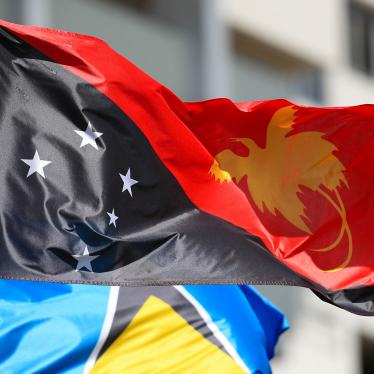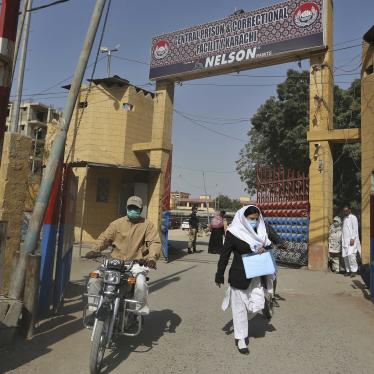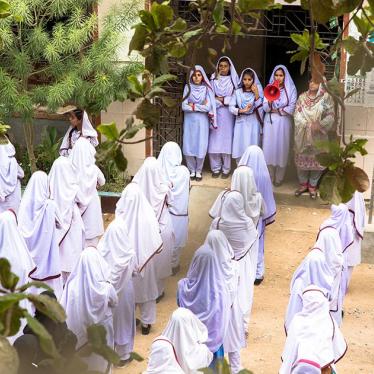Update: On March 17, 2021 the Australian government announced it will provide 8,000 doses of a Covid-19 vaccine to PNG.
Papua New Guinea is facing a surge in Covid-19 cases, with more confirmed cases in the first two weeks of March than the preceding two months. The virus has been detected in 19 of the country’s 22 provinces, including the Autonomous Region of Bougainville. The country’s reported 2,269 confirmed cases and 26 deaths are believed to be undercounts due to low testing rates — with less than 55,000 tests conducted across a population of almost 9 million people.
PNG’s health care system is woefully unprepared for the pandemic. Hospitals are under resourced, equipment is lacking, and beds for Covid-19 patients are limited. Some hospitals are closing down non-emergency units to redistribute resources to combat the surge, and health care centers have concerns about closures due to funding shortages.
The country has only 500 doctors and fewer than 4,000 nurses. In PNG’s largest hospital, over 60 staff have tested positive for Covid-19. PNG’s Nurses Association president Frederick Kebai said about 100 nurses had tested positive, forecasting a major human resources crunch.
The pandemic has had a particular impact on women and girls. For example, the head of Port Moresby General Hospital’s obstetrics and gynecology ward said that 40 per cent of mothers who were tested for Covid-19 returned positive results. Gynecology clinics have been closed and antenatal care centers reduced to a limited capacity to cope with increasing pressures put on the healthcare system due to the virus.
International human rights law guarantees everyone the right to the highest attainable standard of health and obligates governments to take steps to prevent threats to public health and provide medical care to those who need it. The PNG government has neglected to invest in infrastructure and services needed to protect the population, and now health care workers, women, and girls are paying the price.
Australia, PNG’s close neighbor and largest development donor, has successfully contained the virus through widespread testing and tracing, and it should act on its obligations of international cooperation and assistance to provide early Covid-19 vaccines to PNG’s front line workers who currently are not expected to receive them for weeks. Australia should also end its obstruction of attempts by much of the developing world to secure a temporary waiver of intellectual property rights at the WTO. If adopted, the waiver would help scale up vaccines production worldwide.
Equitable vaccine distribution requires that authorities in PNG allocate vaccines without discrimination and prioritize those most at risk. To protect lives and health, the Australian government should help PNG to mitigate a possible public health disaster.









